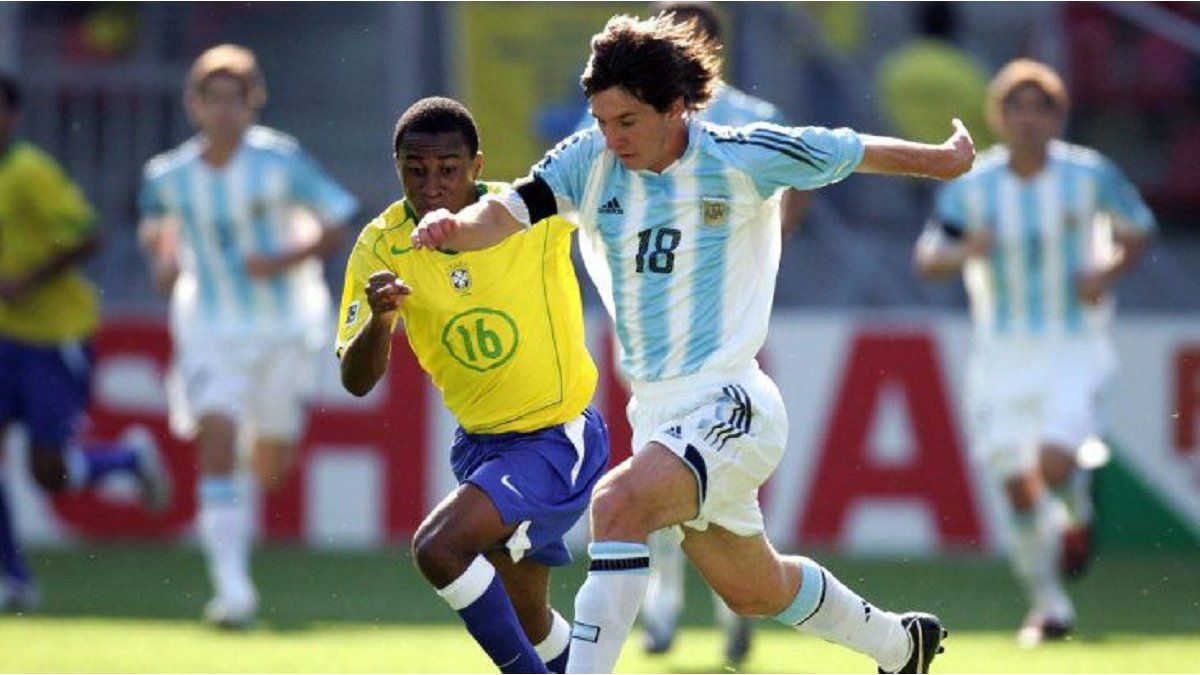Since its founding 35 years ago, Primary Harald Pesl has set up and led the Institute for Nuclear Medicine at the Hospital of the Sisters of Mercy Ried. A new department head, Alexander Kroiss, is now taking over. The institute’s range of services will be expanded this year to include a PET-CT, which will be used primarily in cancer diagnostics as well as brain and heart examinations.
With the establishment of the institute – to this day it is the only one in this field in the Innviertel – the Rieder Hospital entered new diagnostic territory in May 1989. “Since then, from a statistical point of view, we have examined the entire Innviertel population one and a half or twice,” says Primarius Pesl, looking back on a total of more than 300,000 nuclear medicine examinations. Small amounts of radioactive substances are introduced into the metabolism and their radiation is recorded by highly sensitive measuring devices. This makes it possible to obtain important information that is not accessible through other methods. “The benefits of these examinations far outweigh the risk of low radiation exposure,” says Pesl. Education and communication with patients are very important in order to allay possible fears.
The Institute of Nuclear Medicine offers a wide range of diagnostic procedures. This particularly affects the thyroid, but also other organs. Bone diseases, pulmonary embolisms, heart disease, kidney disorders or brain diseases such as Parkinson’s disease and dementia can be diagnosed in this way. Above all, tumors and metastases can also be detected.
New cooperation
Positron emission tomography (PET-CT) plays a major role, especially in cancer cases. This imaging procedure will be available to Rieder patients at the Institute for Nuclear Medicine from autumn: From October 2024, the Rieder nuclear medicine specialists will operate a PET-CT at the Wels location in a cooperation project with the Wels-Grieskirchen Clinic. This will help to shorten the currently considerable waiting times for these examinations.
For Harald Pesl, decades of efforts to develop a PET-CT for the region have come to a successful conclusion, even if he himself will no longer work with the device: The specialist, who was Austria’s youngest primary when the institute was founded, was 31 years old, will retire on June 1st. “The success of our institute was only possible thanks to a great team that does outstanding work every day,” says the long-time department head.
successor
His successor, Alexander Kroiss (46), was previously senior physician at the University Clinic for Nuclear Medicine in Innsbruck, which he most recently served as acting director. He has written several contributions to specialist books and has given over 200 lectures at national and international congresses and events. “I’m looking forward to working in a company where innovation, tradition and values are lived every day,” says Kroiss.
My themes
For your saved topics were
new articles found.
info By clicking on the icon you can add the keyword to your topics.
info
By clicking on the icon you open your “my topics” page. They have of 15 keywords saved and would have to remove keywords.
info By clicking on the icon you can remove the keyword from your topics.
Add the topic to your topics.
Source: Nachrichten




